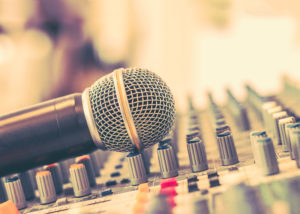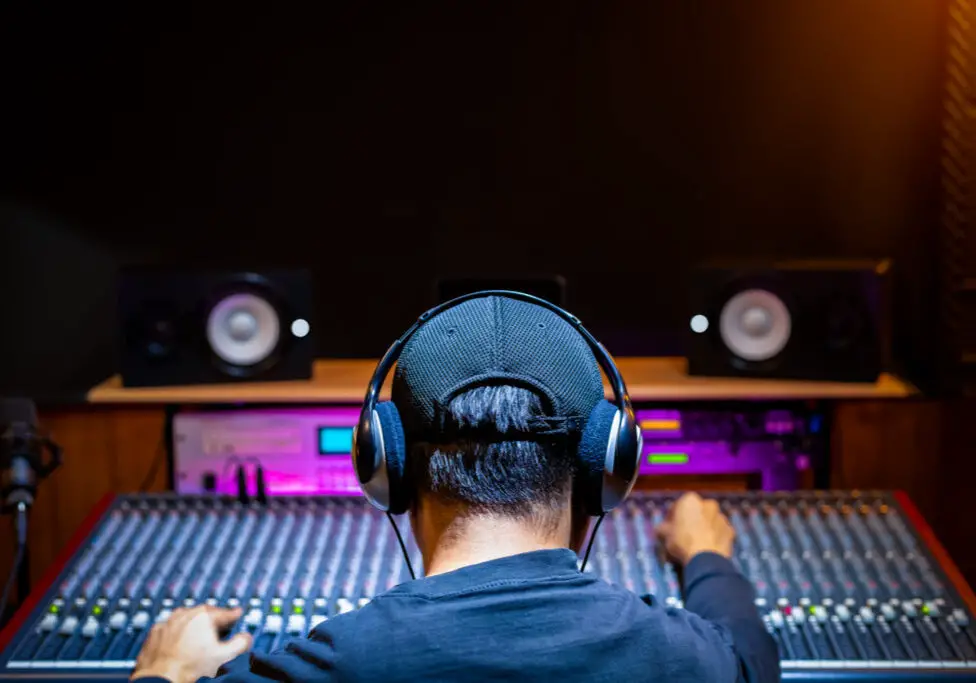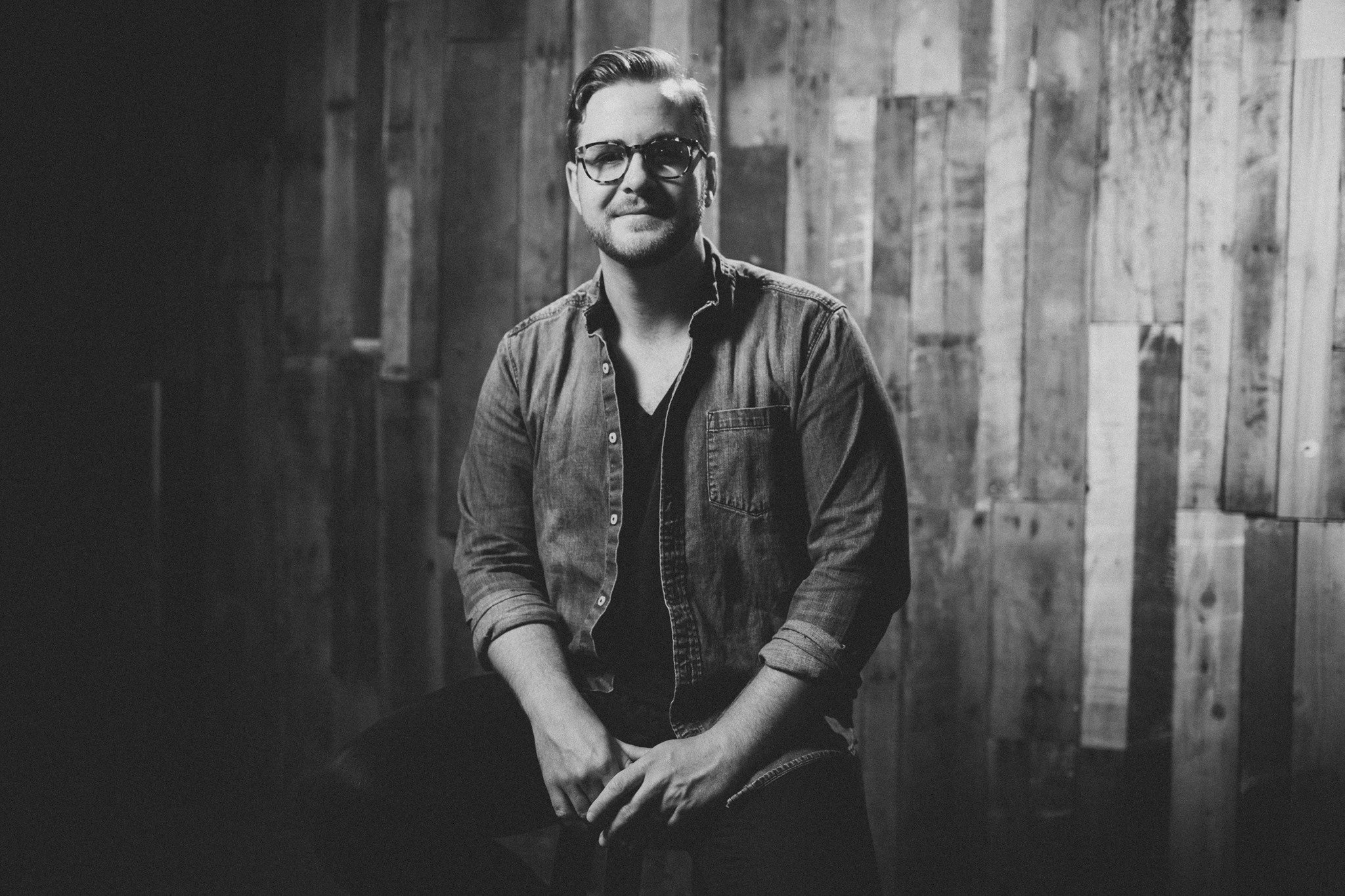Earning cash from writing songs and composing music is the dream, right?
However, pivoting from balancing a day job and playing music on the side to a full-on music career is not an easy undertaking.
Most songwriters hedge their bets on getting a demo recorded and submitting it to a label. While this is an awesome way to get your music out there and practice your networking skills—there are other avenues you can take.
Licensing your music is the best way to get your original scores featured in movies, podcasts, and commercials.
So, let’s take a deep dive into the world of music licensing and find out if this is the right path for you!
What Is Music Licensing?
Music licensing is a legally binding agreement between a composer/creator and a production company to use the artist’s work in their movie, podcast, Youtube video etc.
This kind of agreement differs immensely from royalty-free music (or music that exists without a license).
While the phrase “royalty-free” is thrown around pretty loosely nowadays, there’s realistically very little royalty-free music out there.
Royalty-free involves a one-time fee that the user pays. At this point, the music can be used as many times and in whichever way the buyer deems fit.
This isn’t the case with most licensed music.
If somebody purchases the use of your work, they get one chance to use it in the mutually agreed upon way.
As a creator, this prevents people from using your music multiple times and continuing to earn money from it without your consent.
If they said they would only use your song in the movie trailer, and then the studio ends up using it in the actual movie as well, they’re breaking the licensing agreement.
There are plenty of different ways to license your music to ensure you get the most bang for your buck.
Let’s take a look at a few!
Types Of Music Licensing
Starting off, one of the most common ways to license your music (and what most songwriters will realistically use) is sync licensing.
Sync (or synchronization) licensing is a license that allows a third party to use your music in some form of visual media.
This can include:
- TV shows
- Podcasts
- YouTube videos
- Movies
- Video games
And more.
This license is a one-time license. We touched on this earlier, but the general idea is that the third party working with your material can use it once for a one-time fee.
Not only is it one of the best ways to get your music in front of new audiences, but it’s a fantastic way to build connections as a musician with content creators and production companies.
A master license is usually issued in combination with a sync license.
A master license is given when a pre-recorded song is allowed for use but not to be covered. Its application is a bit more general, which is why a synchronization license is also issued for visual media usage.
If you’re a composer working with annotated work, you may want to go down the route of print rights licensing.
A print rights license is a license for any printed or sheet music. It can be a little tricky to track the actual usage once somebody prints the sheet music, but it does afford some protection for up-and-coming composers.
There’s also public performance licensing. This kind of license involves any usage of a song in a public place.
A store, restaurant, or bar playing your music needs to pay licensing fees for whatever they play.
If they don’t, they could be in a world of trouble!

How To License Your Music
Understanding how to license your music begins with knowing how music licensing agreements work.
Generally, these agreements break down into a few fundamental parts:
- The Rights to Music: These rights grant the user access to the actual music itself. They’ll include the cost of the rights, the exclusivity, and how long this agreement lasts.
- The Licensor: This is you! It may include anyone else who owns the copyright to the music (such as with lyrics and composition), but it generally involves you as the owner of the work.
- The Licensee: This is the end user of the agreement. Since they are purchasing the license they become the licensee.
- The Broadcast: This covers when, where, and how the music will be used. This aspect of a music licensing agreement is crucial to pay attention to. If you only agreed to music for one video, make sure the licensee doesn’t run off and use it for twenty!
It is best to work through a music licensing agency.
These companies will handle most of the agreements that take place between you and any licensees.
As a musician, this can be a huge help. Instead of getting bogged down in legal jargon, you can focus on producing more great music.
However, this doesn’t mean you should work with the first music licensing company you come across.
Because these companies will be handling your copyrighted material, it’s essential to make sure you’re in safe hands.
Take the time to research which companies you want to work with and if they have a proven track record of happy past clients.
What to Expect When Working with a Licensing Company:
- Pay a fee to work with them
- Submit a high-quality MP3 or WAV file of your song (or songs) that includes all necessary metadata (artist name, song title, album title, etc.).
- Descriptions of each song in a spreadsheet that cover its mood and genre. This can help licensing companies place your music appropriately in their database, and users find your music more easily.
At that point, you can potentially earn money from your songs!
You might not be pulling in a livable income just yet, but this can be an incredible opportunity to continue pitching yourself as a musician and building connections.
If you’re looking for new ways to continue honing your songwriting craft, make sure to keep up with my songwriting journey and be sure to check out my e-book How to Write a Song!


